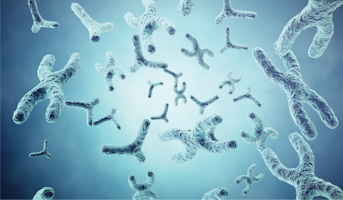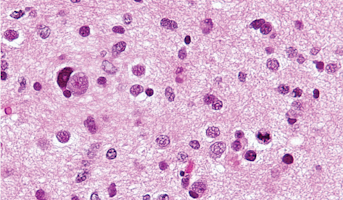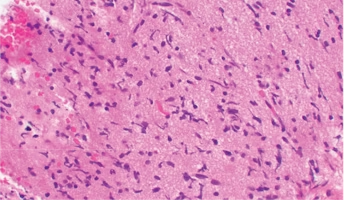Sameer Agnihotri

About
Assistant Professor; Director, Brain Tumor Biology and Therapy Lab
University of Pittsburgh
Sameer Agnihotri, PhD, joined the faculty of the Department of Neurological Surgery at UPMC Children’s Hospital of Pittsburgh in November of 2016.
Dr. Agnihotri graduated from the University of Toronto in 2005 with a bachelor of science honors degree in biology, specializing in genetics. He earned his PhD in medical biophysics in 2011 from the University of Toronto where he used genetic screens to identify novel drivers of glioblastoma, an incurable brain tumor. He subsequently completed his post-doctoral fellowship at the Arthur and Sonia Labatt Brain Tumor Research Centre at the Hospital for Sick Children, in Toronto, and the Princess Margaret Cancer Centre, Division of Neuro-oncology Research, also in Toronto.

UPMC Children's Hospital of Pittsburgh
scientific
Projects

Specimen
Ongoing
Integrated Genomic Analysis to Elucidate the Role of PIKC3A and 10q LOH as Unique Drivers and Cooperating Events in Pediatric High-grade Gliomas
We have previously reported a high frequency of AKT activation, a downstream target of PTEN, in pediatric high-grade gliomas (pHGGs), as assessed by immunohistochemistry (IHC), and demonstrated that this was associated with an adverse prognosis. Compared to adult high-grade gliomas, pHGGs show a low
HGG

Ian Pollack

Specimen
Ongoing
Elucidating the Somatic Epigenetic Landscape of Pediatric Meningioma and Schwannoma
Pediatric tumors have unique properties compared to adult tumors, requiring different treatment strategies for the same tumor type. Using samples provided by the Children’s Brain Tumor Network, researchers will carry out comprehensive comparisons of pediatric meningioma and schwannoma to map these critical areas to develop novel treatments.
Meningioma, Schwannoma

Sameer Agnihotri

Data
Ongoing
Pediatric Meningiomas
Correlating the genomic and epigenomic features of pediatric meningiomas with biological behavior
Meningioma

Sameer Agnihotri
research
Interests

High-Grade Glioma
High-grade Gliomas (HGG) or astrocytomas in children nearly always result in a dismal prognosis. Although novel therapeutic approaches are currently in development, preclinical testing has been limited, due to a lack of pediatric-specific HGG preclinical models. These models are needed to help test

Meningioma
A meningioma is a primary central nervous system (CNS) tumor. This means it begins in the brain or spinal cord. Overall, meningiomas are the most common type of primary brain tumor. However, higher grade meningiomas are very rare.

Diffuse Intrinsic Pontine Glioma
A presumptive diagnosis of DIPG based on classic imaging features, in the absence of a histologic diagnosis, has been routinely employed. Increasingly however, histologic confirmation is obtained for both entry into research studies and molecular characterization of the tumor.[5] New approaches with
